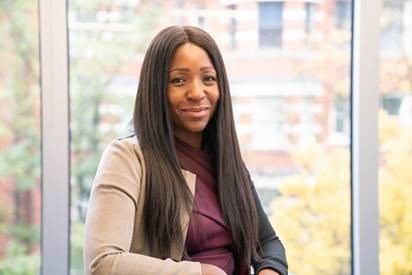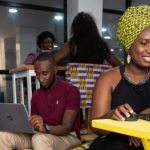Start-ups across Africa experienced a significant downturn in funding in March, securing just $50 million, the lowest monthly total since late 2020. This marks a stark drop from $119 million raised in February, according to the latest report from Africa: The Big Deal, which tracks the continent’s start-up ecosystem.
The year began with high hopes, as African start-ups raised nearly $300 million in January. However, the funding flow sharply decreased in February and worsened even further in March. The report highlights that although the number of start-ups announcing funding remained consistent with previous months, no deals exceeded $10 million, signaling a decline in the size of investments.
Looking at quarterly figures, start-ups raised $460 million in Q1 2025 through deals of $100,000 or more, which is slightly lower than the $486 million raised in the same period in 2024, reflecting a 5% year-on-year decline. Q1 2025 represents the second-lowest quarter for start-up funding since late 2020, a concerning sign for the sector’s momentum.
In terms of regional distribution, the “Big Four” countries—Kenya, Nigeria, South Africa, and Egypt—received the lion’s share of the funding, with Kenya and Nigeria both attracting approximately $100 million each, and South Africa receiving $110 million. Egypt secured $61 million, and Togo made the top five, thanks to Gozem’s $30 million Series B round.
Fintech remained the dominant sector, attracting 46% of the funding, with major investments in start-ups like LemFi and Naked. The energy and logistics sectors followed, raising 18% and 10% of the total funding, respectively.
On the gender diversity front, the report reveals that just over 2% of the total funding was raised by female CEOs, with South African biotech company African Biologics receiving the largest round, a $6.2 million grant. Excluding grants, the share of funding raised by female CEOs drops to a mere 0.7%. The majority of funding (79%) went to male-led teams, with 67% directed to male-only founding teams and 11% to solo male founders. Diverse founding teams received 20% of the funding, indicating slight improvements in inclusivity compared to previous quarters.
The stark funding decline in March underscores ongoing challenges in Africa’s start-up ecosystem, as entrepreneurs face an increasingly competitive environment for investment, with a notable concentration of capital in certain regions
and sectors.










